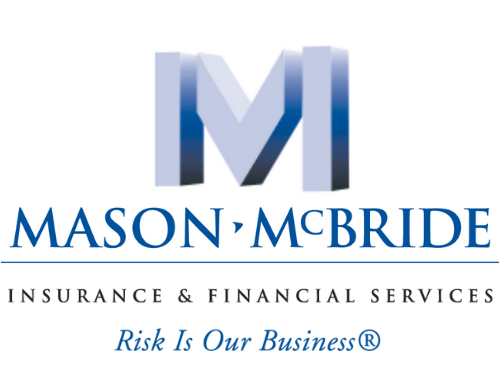Employers that offer group health plans with prescription drug coverage to Medicare-eligible individuals must comply with Medicare Part D disclosure requirements.
These requirements include notifying plan participants whether the employer’s coverage is creditable meaning it is expected to pay as much as or more than standard Medicare Part D coverage.
📅 Key Deadline: October 15, 2025
Annual Employer Responsibilities
Each year, plan sponsors must:
- Provide Medicare Part D Creditable Coverage Disclosure Notices to Medicare-eligible individuals by October 15 (before the Part D annual enrollment period).
- Submit the CMS Disclosure to CMS Form electronically by the same date.
Why This Matters
- Medicare beneficiaries without creditable prescription drug coverage who delay enrollment in Part D may face late enrollment penalties.
- While employers are not directly penalized for missing the notice deadline, failure to provide disclosures can negatively affect employees’ healthcare decisions and satisfaction with benefits.
What Is Creditable Coverage?
Creditable coverage means the expected value of prescription drug benefits under the group health plan is at least equal to the standard Medicare Part D benefit.
For plans with multiple options (e.g., PPO, HDHP, HMO), each option must be tested separately.
Key Steps for Employers
- Determine if prescription drug coverage under the plan is creditable or non-creditable.
- Provide the appropriate disclosure notices to Medicare-eligible participants by October 15.
- File the CMS Disclosure to CMS Form online by the same date.
- Consider distributing notices as part of open enrollment packets or annual benefits communications for efficiency.
Notification Requirements
You must provide the Medicare Part D disclosure notice:
- Before the Medicare Part D annual election period (October 15–December 7)
- Before an individual’s initial eligibility for Medicare Part D
- Before the effective date of coverage for a Medicare-eligible participant
- When coverage ends or changes (e.g., creditable becomes non-creditable or vice versa)
- Upon request
If notices are issued annually before October 15, the first two requirements are automatically satisfied. Employers are also encouraged to include notices in onboarding materials for new hires.
How to Deliver Notices
Employers can deliver notices:
- As standalone communications, or
- Alongside other benefit materials (such as open enrollment packets), if specific conditions are met.
- Electronically, in certain cases, following DOL e-delivery guidelines.
If a Medicare-eligible dependent lives at a different address than the employee, a separate notice must be sent to that individual.
CMS Reporting Requirement
Employers must submit the Disclosure to CMS Form online via the CMS website annually by October 15, stating whether coverage is creditable or non-creditable.
Have Questions?
Please do not hesitate to reach out to the Group Benefits team at Mason-McBride. We’re here to discuss your particular situation further if you have additional questions.
Thank you for allowing Mason-McBride to serve you!
Article By: Amy Purcilly
For helpful tips on other popular topics, check out articles on:
- OSHA Updates Electronic Recordkeeping Rules
- Hidden Policy Language in Your E&O Insurance
- Navigating Cyber Insurance Exclusions
Sources: https://www.keystoneinsgrp.com; https://www.cms.gov
